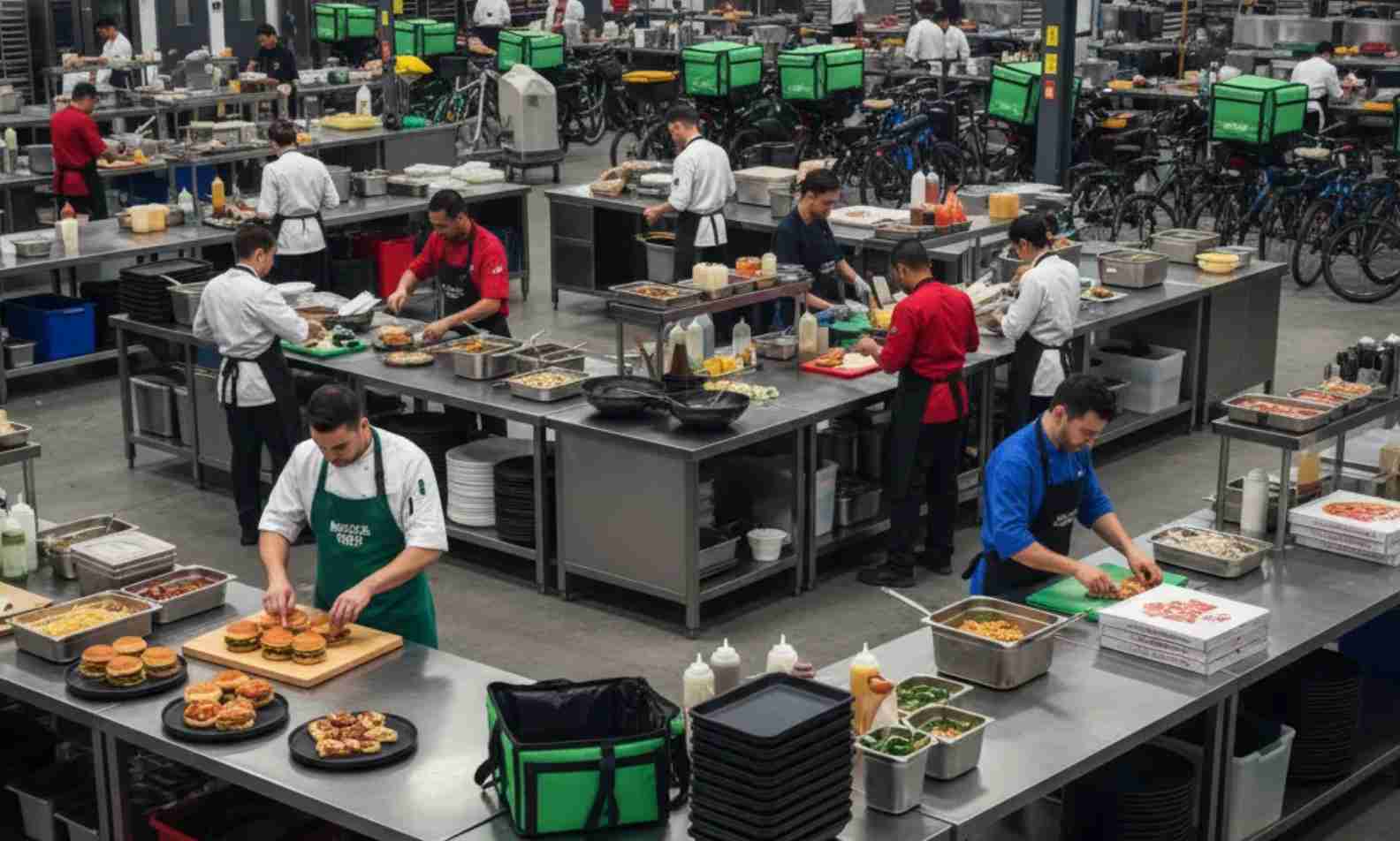It’s striking to imagine an economy not built on ambition, growth, or relentless striving, but on a deliberate choice to want less. That’s exactly what’s happening in Japan. With a declining and aging population, many Japanese now work fewer hours, skip promotions, live modestly, and often choose not to marry or have children. To Western economists, this looks disastrous. To politicians, it’s puzzling. But for the Japanese themselves, it’s less catastrophic. Some simply see themselves as stepping out of a race that no longer feels worth running.
The term “low-desire society” was coined by Japanese management consultant Ganichi Ōmae and popularized by analyst Louis Zhao in Japan’s Low-Desire Society (2022). Once the poster child for economic dynamism, Japan has been trapped in the “Lost Decades.” After the 1990s asset bubble burst, low growth and deflation hardened into a cultural shift. Young people, seeing their parents sacrifice for rewards that never came, began asking whether ambition itself was worth it. Many stopped playing the game, choosing to rent instead of buy, save instead of invest, and treat marriage and parenthood as optional burdens.
Seen one way, this is resignation. Seen another, rebellion. And if you squint, it may even be wisdom. Buddhism has taught for 2,500 years that endless desire causes suffering; peace comes from letting go. The story of Alexander the Great offering Diogenes anything, only to hear, “Then step aside—you’re blocking my sun,” reminds us that sometimes, choosing less is the ultimate power. Japan may be quietly sending this message to the modern world.
The American Echo
America seems an unlikely candidate for a low-desire economy. Our culture celebrates endless hustle—expansion, skyscrapers, and the Dream. Yet cracks are appearing.
Birthrates show the trend clearly. In 2023, the U.S. fertility rate fell to 1.62 births per woman, far below replacement (CDC, 2023). Millennials and Gen Z aren’t just postponing children; many are opting out entirely, citing economic insecurity, climate change, and skyrocketing housing and childcare costs. Starting a family no longer feels like a reward—it feels like a gamble.
Work itself is losing its shine. During the Great Resignation of 2021–2022, over 47 million Americans quit their jobs (U.S. Bureau of Labor Statistics, 2022). Millions sought freelance, part-time, or more flexible arrangements. “Quiet quitting”—doing the job without overperforming—became a cultural touchstone. Endless work for stability no longer seems worthwhile.
Consumer habits are shifting too. Minimalism, tiny homes, and thrift shopping are now mainstream. Nearly half of Americans under 35 are content renting indefinitely (Pew, 2021). Car ownership declines as ride-sharing, biking, and public transport rise. Desire to consume is softening.
Meanwhile, Washington policies—declining birthrates, restrictive immigration, and economic shifts—may unintentionally push the U.S. toward a situation resembling Japan’s low-growth reality.
Low-Desire Pockets in America
Some places in the U.S. already live the low-desire economy.
Retirement communities, like Florida’s The Villages, focus on leisure, health, and social connections over ambition. Whole towns are designed around this phase of life.
Rural towns in the Midwest, Appalachia, and Rust Belt have lived without growth for decades. Residents adapt: grow food, trade services, and prioritize family over career. It mirrors Japan’s long-term cultural adjustment to stagnation.
Urban countercultures in Portland, Asheville, and Burlington emphasize authenticity over promotions. Part-time work, food co-ops, and biking replace consumerist pressures. Burlington even trialed a local currency—the Burlington Bread—to keep value circulating locally.
Minimalists and tiny-home dwellers across Colorado, California, and beyond reject debt and consumerism. A 200-square-foot home is liberation, not defeat.
Technology accelerates this trend. Computers, smartphones, and AI let people work less while staying connected. Remote work enables living outside cities. Streaming and AI reduce the need for material accumulation, showing that tools once driving consumption can now support a low-desire lifestyle.
Why Wanting Less Feels Right
This isn’t just financial—it’s meaningful. Young Americans see that endless work no longer guarantees housing, security, or health coverage. If the reward system is broken, stopping the desire for the unattainable is rational.
Exhaustion also drives the shift. Pressure to perform—at work, online, or socially—leaves people drained. Rejecting “more” becomes a form of self-preservation. Climate change adds urgency: unlimited consumption is unsustainable, and many sense that wanting less may be essential to survival.
The Promise and the Peril
A low-desire economy isn’t risk-free. Shrinking populations can strain pensions and reduce workers per retiree. Lack of ambition may hinder innovation. And reduced desire isn’t always healthy—sometimes it signals isolation, despair, or depression. Japan demonstrates this: elderly loneliness is widespread, and young people in insecure jobs aren’t necessarily enlightened simply because they consume less.
The U.S. must distinguish healthy detachment from hopeless surrender. Choosing to step off the treadmill is conscious; falling off is defeat.
Beyond Growth
Perhaps a low-desire economy isn’t decline but evolution. GDP growth no longer guarantees wellbeing. Productivity has risen, yet wages stagnate. Americans spend more on healthcare per capita than any nation, yet life expectancy has fallen (OECD, 2022).
Other countries are exploring alternatives. Bhutan’s Gross National Happiness, New Zealand’s wellbeing budgets, and similar initiatives in Scotland, Iceland, and Wales emphasize mental health, sustainability, and child welfare. Success is broader than GDP.
The U.S. prides itself on reinvention. Can we redefine prosperity as stability—freedom to step off the ladder without shame?
Conclusion: Enough Might Be Enough
Is the low-desire economy in America? Not fully, and not as cohesively as Japan. But retirement communities, rural towns, minimalist enclaves, and countercultural neighborhoods reveal its contours. It’s not yet a national transformation—but it’s visible.
The key question is whether we see it as failure or opportunity: a chance to step back, reconsider desires, and find dignity in “enough.”
Technology twists the story. Once pushing us toward endless consumption, it now enables simpler, meaningful living. Smartphones, laptops, and AI reduce drudgery, giving back time. Technology could be the unexpected ally of a low-desire economy.
Japan’s quiet rebellion shows that the bravest move may not be wanting more, but recognizing that less is enough. If America can learn this lesson—and leverage tools to sustain it—this may not be the end of the dream. It may just be the start of a new one.


